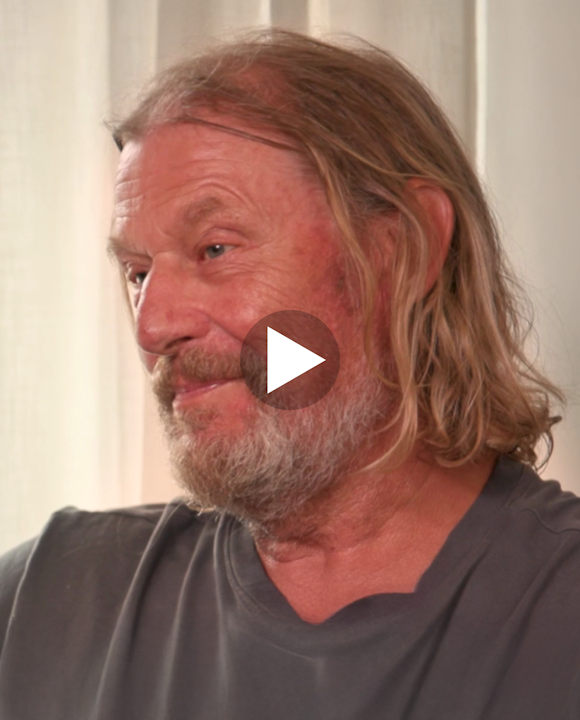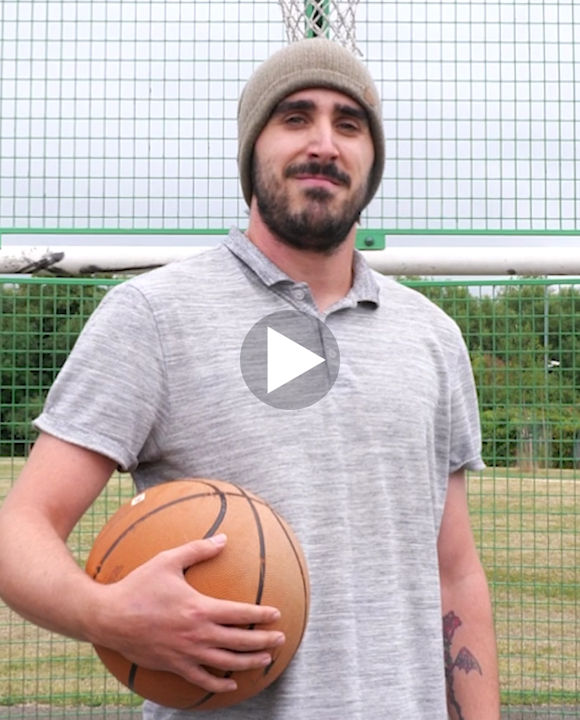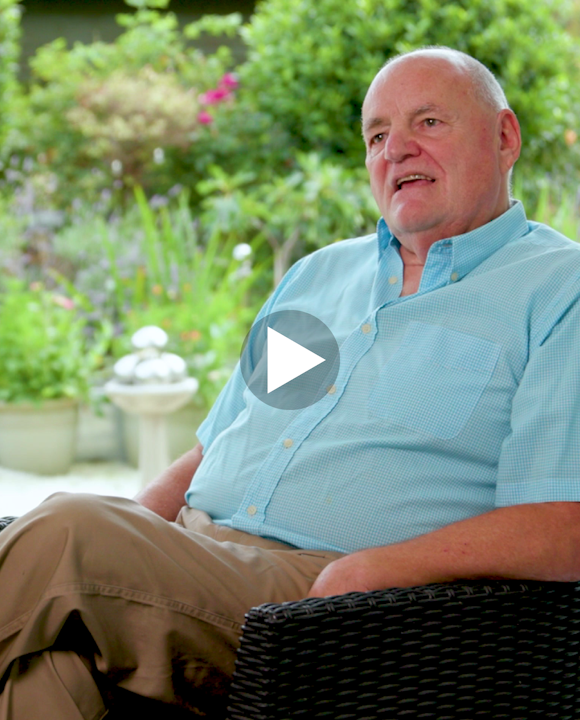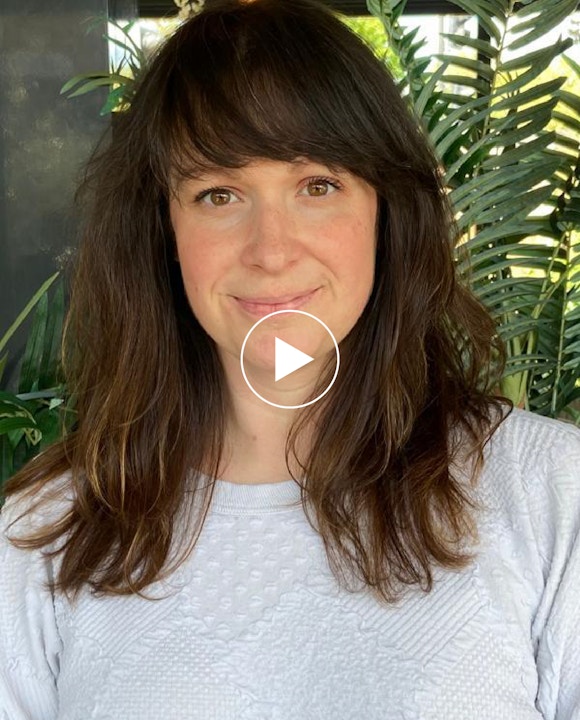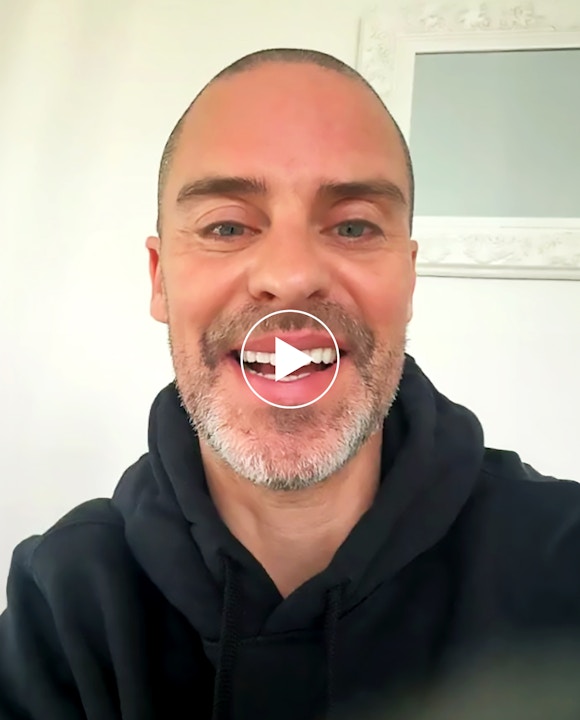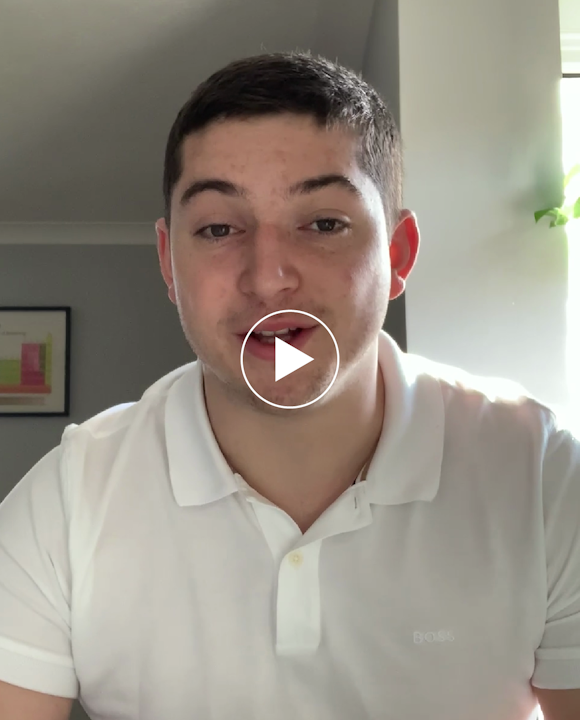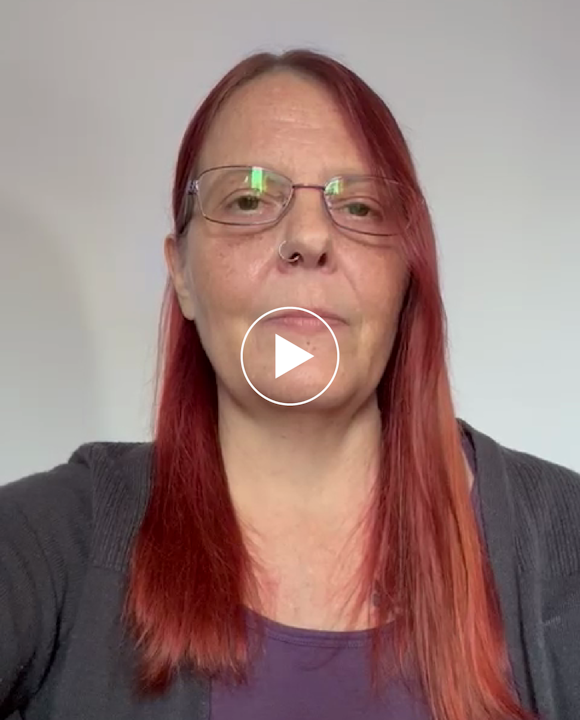Plant-based, alternative ADHD treatment
Attention Deficit Hyperactivity Disorder (ADHD) is a neurobehavioural, and neurodevelopmental, disorder that usually develops during childhood. Characterised by issues staying focused, being easily distracted, lacking attention to detail and being forgetful, ADHD can have a big impact on a person's everyday life. Recently, however, plant-based ADHD treatments have emerged as a new option for patients in the UK - and many are curious to learn more.
3 to 4%
of the UK population have attention deficit hyperactivity disorder, and the male to female diagnosis ratio is 3:1.
15%
of adults in the UK are aware plant-based treatments are available for ADHD symptom management, according to survey.
1 in 4
with ADHD found natural treatments play a positive role in symptom management, according to a qualitative analysis of online discussion threads
Over 2/3
of UK adults would consider plant based treatments if their doctor recommended them, according to representative research.
Symptoms
Appearing forgetful
Difficulty concentrating
Feeling fidgety / excessive physical movement
Hyperactivity
Impulsiveness
Inattentiveness
Mood swings
Poor organisation
Restlessness
Short attention span
If you are suffering from any of these symptoms, you may have ADHD. Please speak with your GP to find out more.
Treatment options:
When treating or managing ADHD, medications can be prescribed to help calm impulsivity, or aid concentration and focus. Different types of therapy can also be recommended, such as psychoeducation to help you cope with the condition, or cognitive behavioural therapy, which may help people to develop the tools they need to alter how they behave in certain situations.
Atomoxetine
Cognitive behavioural therapy (CBT)
Guanfacine
Lisdexamfetamine
Methylphenidate (Ritalin)
Psychoeducation
Find out if you may be eligible for new, alternative ADHD treatments here
Am I eligible?Join our growing community of over 150,000 people
Whether you’re new to cannabis-based medicines, switching from another medical cannabis clinic, or self-medicating, we’ll put you back in control of your health.
A word from our specialist
"Attention Deficit Hyperactivity Disorder (ADHD) Attention deficit hyperactivity disorder (ADHD) is characterized by inattention, hyperactivity, and impulsivity, often severely impacting daily functioning. Emerging research suggests that medicinal cannabis may help manage symptoms by interacting with the endocannabinoid system to improve focus, reduce hyperactivity, and promote calmness, offering a potential complementary approach to traditional treatments."

Dr. Michal Modestowicz
Neurology
Find out if you may be eligible for new, alternative ADHD treatments here
Am I eligible?Can plant-based treatments assist in ADHD symptom management?
Although research into the effects of alternative, plant-based treatments on those with attention deficit hyperactivity disorder (ADHD) is still ongoing, these natural products have shown promising potential for some because of their ability to promote relaxation, and a sense of calmness.
In the UK, plant-based treatments became available in 2018 as an alternative approach to treating a number of conditions, including a range of psychiatric, neurological, and chronic pain conditions, when other conventional or traditional treatments have proven unsuccessful.
Attention deficit hyperactivity disorder is one of these conditions, and those with treatment-resistant ADHD may be eligible for plant-based ADHD-tailored treatments if other options have failed.
According to self-reported data, in a qualitative analysis of around 400 online discussion threads, 25% felt these natural products were an effective and therapeutic tool in managing their ADHD symptoms, and cited improvements in their focus and concentration.
However, the same analysis found that around 8% disagreed, and said they intensified their symptoms. This is why it is important that plant-based ADHD treatment plans are supervised by a qualified team of healthcare professionals, and designed to be specific to each individual - to ensure their treatment is safe and effective.











